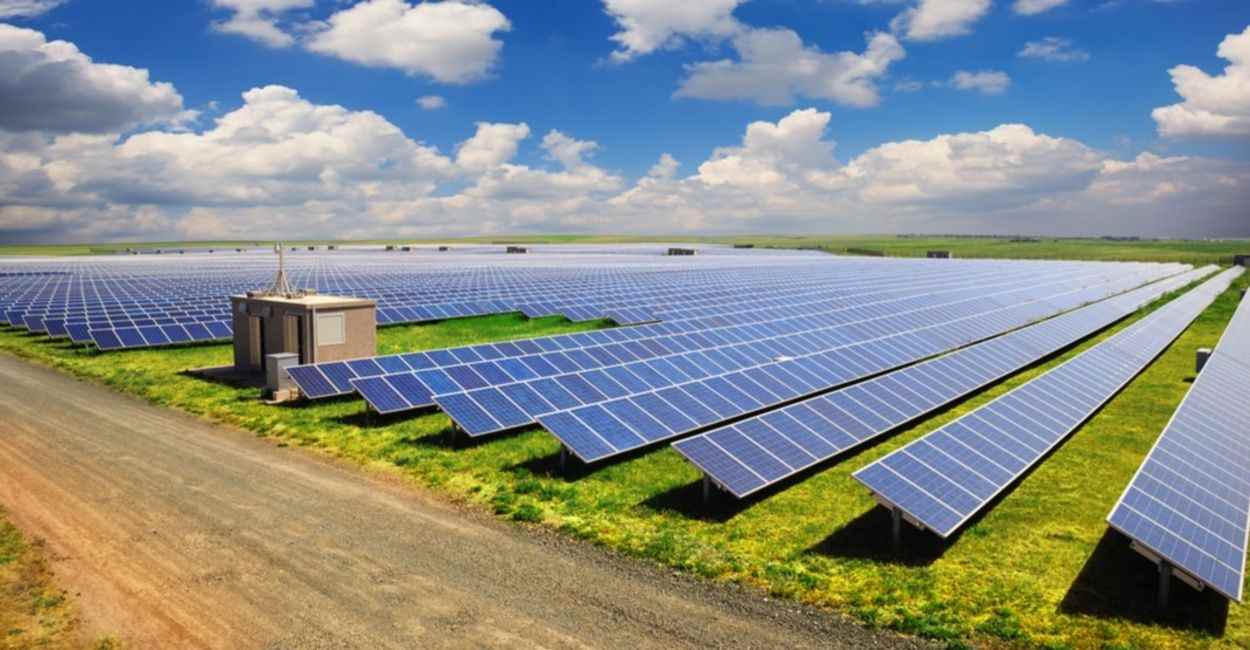
In recent years, the demand for solar system installation in Pakistan has skyrocketed, as both residential and commercial users look for sustainable energy solutions. With Pakistan’s increasing energy costs and frequent power outages, solar energy has emerged as an ideal solution for consumers seeking to lower their electricity bills while contributing to a greener environment.
In this guide, we will explore the benefits, process, and key considerations for installing a solar power system in Pakistan. Whether you’re a homeowner or a business owner, this article will help you understand everything you need to know about solar energy in Pakistan.
Why Choose Solar Power in Pakistan?
Solar power is rapidly becoming the go-to solution for energy needs in Pakistan. Here are the main reasons why more people are switching to solar:
- Reduced Electricity Bills: By installing a solar system, you can offset your monthly electricity bills, which is particularly helpful with Pakistan’s rising energy costs.
- Environmentally Friendly: Solar power is a renewable energy source, reducing your carbon footprint and contributing to cleaner air and a healthier environment.
- Energy Independence: With solar power, you can reduce your dependence on the national grid and avoid power outages, which are common in many regions of Pakistan.
- Government Incentives: The government offers various incentives and rebates for solar system installations, making it more affordable than ever to switch to solar.
The Solar System Installation Process in Pakistan
Installing a solar system in Pakistan involves several key steps. Understanding the process will ensure a smooth installation experience. Here’s a breakdown of the process:
1. Site Assessment and Energy Needs Evaluation
The first step in the solar system installation process is a comprehensive site assessment. A professional solar company will evaluate your energy needs, roof space, and orientation to determine the best system size and configuration.
2. Choosing the Right Solar Equipment
Selecting the right solar panels, inverters, and batteries is crucial. Your solar provider will help you choose high-quality, durable components that suit your energy consumption and budget. The most commonly used solar equipment in Pakistan includes:
- Solar Panels: Polycrystalline or monocrystalline panels for optimal energy production.
- Inverters: Convert the DC power generated by solar panels into AC power used in homes and businesses.
- Batteries: Store excess energy for use during cloudy days or nighttime.
3. Installation of Solar Panels and System
Once the equipment is chosen, the installation process begins. The panels will be mounted on your roof or ground-mounted, depending on your space. Electricians will then wire the system to the grid and connect it to the inverter, ensuring proper functionality.
4. Net Metering Setup
After installation, you’ll need to apply for net metering, which allows you to send excess electricity back to the grid. This can help you earn credits for the energy you generate, reducing your overall electricity costs. The net metering process in Pakistan is streamlined, with regulatory bodies making it easier to register your system.
Costs of Solar System Installation in Pakistan
The cost of solar system installation in Pakistan can vary depending on the system size, brand, and additional features like battery storage. On average, a residential solar system can cost between PKR 300,000 to PKR 1,500,000 for complete installation. However, the savings on electricity bills can recoup this cost in 3-5 years, making solar energy a cost-effective long-term solution.
Here are a few factors that affect the cost of solar system installation:
- System Size: Larger systems with more panels will cost more, but they will also generate more energy.
- Solar Panel Quality: High-efficiency panels are more expensive but offer better performance and longevity.
- Installation Fees: Depending on your location, installation costs may vary.
Benefits of Solar Energy in Pakistan
The benefits of solar energy in Pakistan go beyond just cost savings. Here are some additional advantages:
- Sustainability: Solar energy is a renewable resource, which makes it a sustainable option for meeting long-term energy needs.
- Job Creation: The solar industry in Pakistan is rapidly growing, creating jobs and boosting the local economy.
- Government Incentives: The government offers financial support, tax exemptions, and rebates for solar energy users.
Net Metering in Pakistan: A Game-Changer for Solar Energy
Net metering is one of the most important features of solar energy in Pakistan. It allows you to sell excess energy back to the national grid, making solar energy even more profitable. Through the net metering process in Pakistan, you can reduce your monthly electricity bill by sending excess power back to the grid during the day, which is then used by other consumers in the evening.
Key benefits of net metering in Pakistan:
- Reduced Bills: Lower your electricity costs by generating your own power and exporting excess energy to the grid.
- Energy Efficiency: Ensure you always have access to power without depending on the grid, especially during power cuts.
- Sustainability: Contribute to cleaner, greener energy production in Pakistan.
Common Solar System Installation FAQs in Pakistan
Q1: How much does it cost to install solar panels in Pakistan?
The cost of solar system installation in Pakistan depends on your energy needs and the type of equipment you choose. Residential solar systems typically cost between PKR 300,000 to PKR 1,500,000.
Q2: How much can I save with solar power in Pakistan?
On average, solar power systems can help reduce electricity bills by 30-70%, depending on the size of your solar system and your energy usage.
Q3: How long does it take to install a solar system in Pakistan?
Installation usually takes 3-7 days, depending on the system size and complexity.
Q4: Is solar power in Pakistan reliable?
Yes, solar power is reliable, especially with the abundance of sunlight in Pakistan. With a properly installed system, you can generate electricity year-round.
Conclusion: Make the Switch to Solar Energy in Pakistan
Solar system installation in Pakistan is a wise investment for anyone looking to reduce their electricity bills, contribute to a greener environment, and gain energy independence. With government incentives and the increasing affordability of solar technology, now is the perfect time to consider installing solar panels.
For more information on solar system installation, net metering in Pakistan, or to get started with a free consultation, contact a local solar provider today!
Internal Links:
